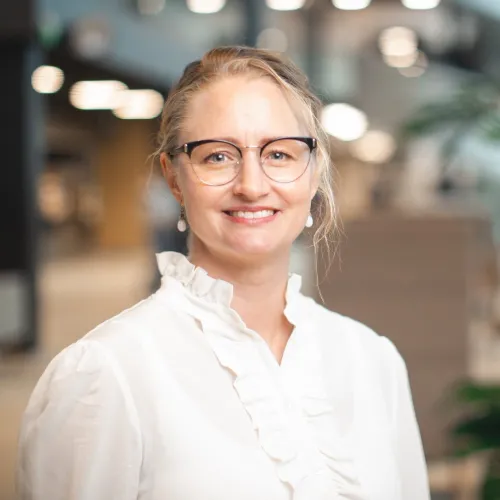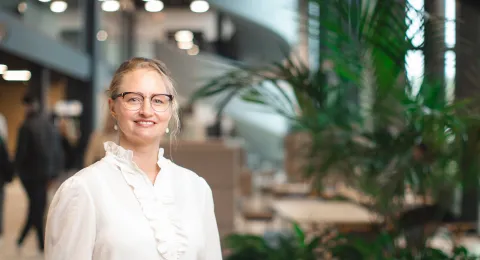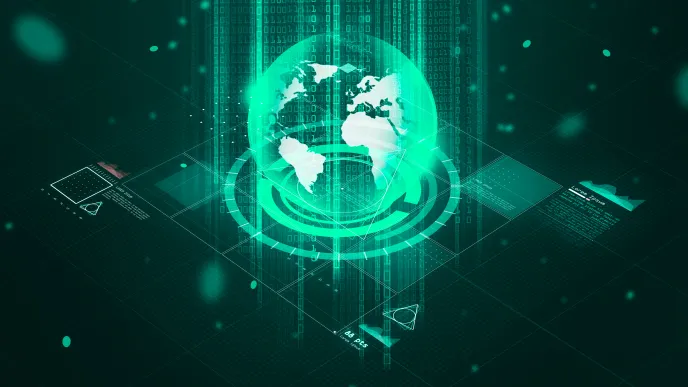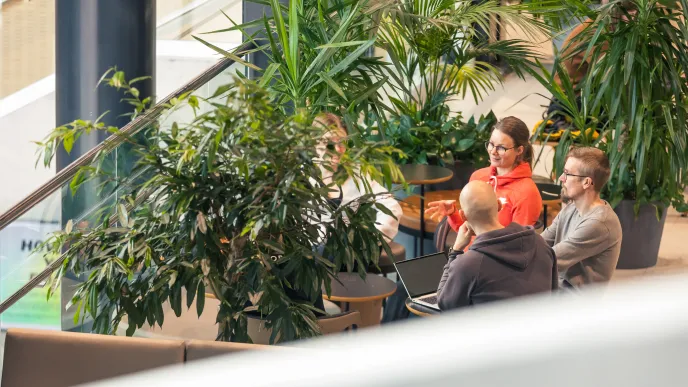“Societal structures shape the energy system more than technology alone.”
With those words, Eeva-Lotta Apajalahti, assistant professor of energy technology at LUT, starts a master's course on the energy society. The course examines the societal impacts of the energy system and how society, in turn, moulds the energy system both in the present and in the future.
Apajalahti has dealt with those questions in her research work. She has studied energy saving, energy citizenship, and large energy companies and the power they wield in defining the energy system.
Overall, her research could be characterized as relating to the energy transition, which largely outlines the discourse on energy systems these days.
“I’m not an energy technology researcher. I’m a social scientist who studies energy. The transformation of the energy system towards sustainable energy production and consumption is not only a question of technology – it’s a matter of a more comprehensive, sustainable lifestyle.”
Eeva-Lotta Apajalahti
- Originally from Kuopio, Finland. Currently commutes between Lappeenranta and Helsinki.
- LUT's assistant professor (tenure track) of energy technology since 2022.
- Focuses on questions involving energy and society.
- Lead the latest LUT Energy Outlook project.
- Has the degrees of Bachelor of Business Administration, Master of Science (Economics and Business Administration), and Doctor of Science (Economics and Business Administration). Has previously worked as a researcher at the University of Helsinki and Aalto University.
- Before her research career, she was an investment advisor at a bank.
LUT’s engineering sciences are fertile ground for creative work
When Apajalahti started at LUT in 2022, her position was a brand new one. As an assistant professor focusing on energy and society, she introduces a multidisciplinary perspective to the energy technology programme.
“I’ve always moved in an interdisciplinary space, but this is the first time I’m involved in engineering sciences. I thought long and hard about whether I want to work with engineers,” Apajalahti jokes.
Her mind was put at ease when the work environment turned out to be open and welcoming – even creative. Apajalahti sees LUT as a flexible university that lets her run with her own ideas.
At the moment, Apajalahti is heading a multidisciplinary research group that is examining regional energy system modelling, energy communities, and the relationship of the energy system to other critical societal systems.
Apajalahti is also project manager of LUT’s just published energy outlook. The first report was released in autumn 2022, and the second one came out in September 2024.
The energy report relates up-to-date information on different energy technologies, applications, and perspectives on the energy transition and carbon neutrality targets. The second edition includes updated contents and introduces the three basic pillars of the energy system: the security, costs, and sustainability of energy.
“When we're knee-deep in a crisis, we tend to focus on the basics. That's what we're zooming in on here,” Apajalahti explains.
Complex energy questions spark Apajalahti’s interest
Apajalahti has been studying energy since 2008.
“I’ve always taken things I don't know about as a challenge. To me, energy seemed like the most challenging sustainability-related topic, and I wanted to find out what makes it so difficult.”
Now, over 15 years of research later, the topic area isn’t any less difficult. However, the one thing that’s become clear to Apajalahti is that changing the energy system is neither simple nor easy. Regardless, changes are necessary in order to achieve a more sustainable way of life.
The energy system also involves a multitude of questions that have nothing to do with technological innovations. Changes to the energy system are inevitably linked to other critical systems of society, such as the transport infrastructure and food. Moreover, the increasing use of renewable energy leads to changes in land use, which has social and ecological ramifications we aren’t yet fully aware of.
In the worst case, making one system more sustainable can have a negative impact on the sustainability of another system. Therefore, solutions for addressing climate change and biodiversity loss should be coordinated.
In addition, the solutions should promote social sustainability and take fairness into account: the energy transition influences population groups in different ways, and the advantages and disadvantages should be distributed more evenly.
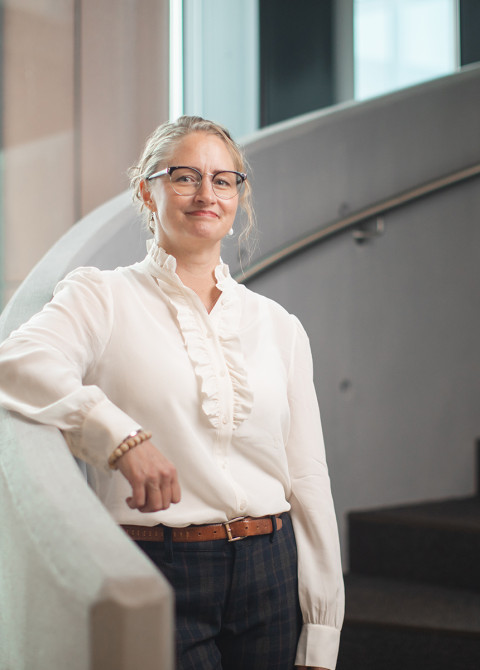
Calling continuous growth into question
The Western lifestyle is currently very energy intensive. We consume a great deal of energy even though we might not be aware of it. In addition, our energy consumption continues to grow.
“Humanity has always been in search of an endless source of energy. There have been hopes that renewable energy or hydrogen would turn out to be just that. Nevertheless, all energy production requires material resources and thus strains our planetary boundaries. In that sense, there is no endless energy source.”
Therefore, people and society should be able to examine even the uncomfortable questions related to energy, such as how much energy we consume, how we could reduce our energy consumption, and why or for whom we are producing energy.
Apajalahti also calls into question an issue she considers taboo: how realistic continuous economic growth actually is.
So far, attempts to uncouple the current economic growth from increasing environmental impacts have failed. According to Apajalahti, it is problematic that society allows economic growth to dominate nearly all its operations. Therefore, she hopes for dialogue about a post-growth world as well as a post-fossil economy – even though the concepts have a controversial ring to them.
“Transforming the energy system into a sustainable one is a difficult puzzle. The change may be uncomfortable, and we may need all hands on deck. I do, however, believe that since we’ve been able to create the prevailing system, we’ll also be able to create a different one.”
More information:
